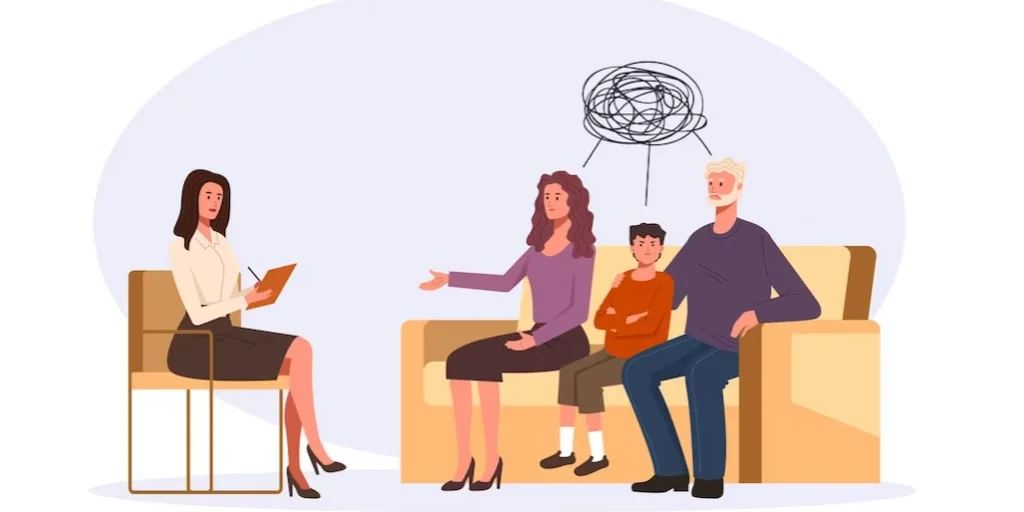24/7 Helpline:
(866) 899-221924/7 Helpline:
(866) 899-2219
Learn more about Eating Disorder Treatment centers in Crested Butte
Eating Disorder Treatment in Other Cities

Other Insurance Options

GEHA

Health Partners

Private insurance

Humana

Molina Healthcare

CareFirst

MVP Healthcare

Magellan

Health Net

AllWell

Carleon

ComPsych

EmblemHealth

Optum

Group Health Incorporated

Aetna

Optima

WellCare Health Plans

UnitedHealth Group

Highmark



The Center for Mental Health
The Center for Mental Health is a non-profit organization and is governed by a board of directors re...

Teocalli Treatment Options
Teocalli Treatment Options offers outpatient treatmnet for individuals with alcohol and/or substance...






















The Center for Mental Health – Crystal Hall
The Center for Mental Health is a non-profit organization and is governed by a board of directors re...








































